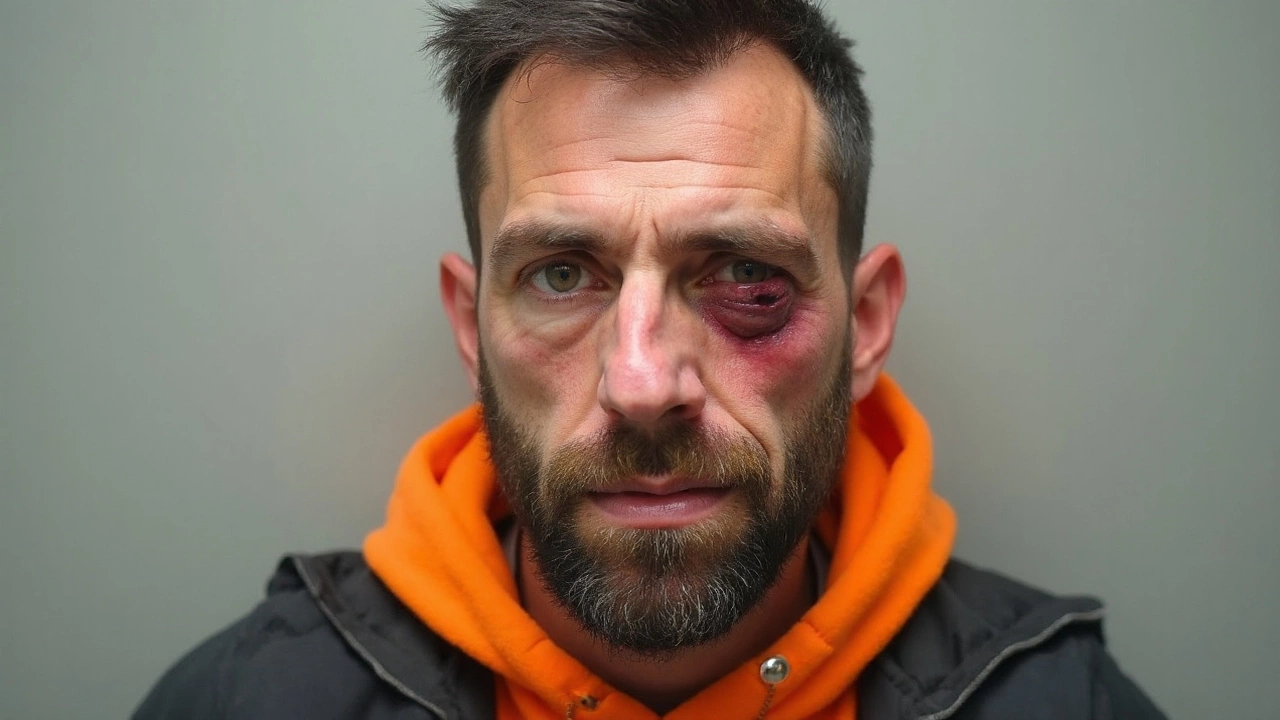Driving While Disqualified – Simple Guide
If you’ve ever wondered what happens when you drive after your licence has been taken away, you’re in the right place. Driving while disqualified isn’t just a minor slip‑up; it’s a serious offence that can cost you money, time, and even your freedom. Let’s break it down so you know exactly what the law expects and how you can avoid trouble.
Why the law matters
The courts treat a disqualified driver the same way they treat any other dangerous road user. You’re breaking a court order, and that order exists to protect everyone – you, other motorists, and pedestrians. If you get caught, the penalties can stack up fast: a fine, extra licence suspension, or even a short jail term. The first offence often brings a fine of up to £5,000 and a further ban of up to 12 months. A second offence can double those numbers and add up to six months in prison.
Insurance companies also watch this closely. Being caught driving while disqualified will make it almost impossible to get affordable cover. Most insurers will either refuse you completely or charge a premium that’s hard to justify. That means you could end up paying thousands more just to stay on the road legally.
How to avoid a penalty
The best way to stay out of trouble is simple: don’t drive. If you need to get somewhere, consider public transport, a taxi, or asking a friend with a valid licence for a lift. Some people think they can “borrow” a car and let the owner take the blame, but the law holds the driver responsible, not the car owner.
If you’re already caught driving while disqualified, don’t ignore the notice. Turn up to court, explain your situation, and show any steps you’ve taken to comply – like attending a driving course or paying fines on time. Showing that you’re taking responsibility can sometimes reduce the severity of the sentence.
Remember, getting back your licence isn’t instant. After a disqualification period ends, you’ll usually need to pass a short refresher test called a “DRP” (Driving while Disqualified) to prove you’re still competent. Schedule that test early so you don’t waste time waiting for the paperwork.
In short, driving while disqualified is a risky move that rarely pays off. By staying aware of the rules, using alternative travel options, and dealing with any legal notices promptly, you protect yourself and keep the roads safer for everyone.
